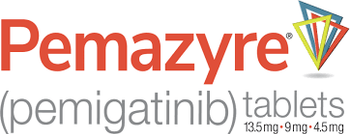
Pemazyre is the first approved treatment specifically for patients with FGFR1 rearrangement, a rare blood cancer.

Pemazyre is the first approved treatment specifically for patients with FGFR1 rearrangement, a rare blood cancer.
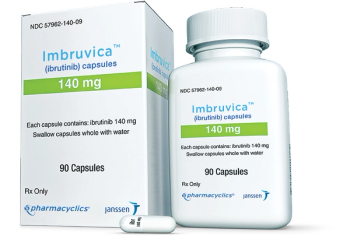
Imbruvica is the first approved treatment option for children under 12 with chronic graft versus host disease and the first BTKi therapy approved for pediatric patients.

More of these treatments have been approved, but supply chain issues and cost remain obstacles.

The FDA has assigned a Prescription Drug User Fee Act action date of June 16, 2023.

After a failed trial in advanced breast cancer, Sanofi has stopped all studies of amcenestrant, including in early-stage breast cancer.
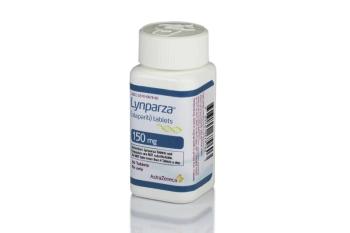
The FDA has set a Prescription Drug User Fee Act date in the fourth quarter of 2022.
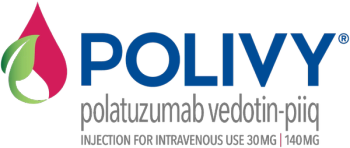
The FDA is expected to make a decision on approval of the combination of Polivy with Rituxan and the R-CHP regimen by April 2, 2023.
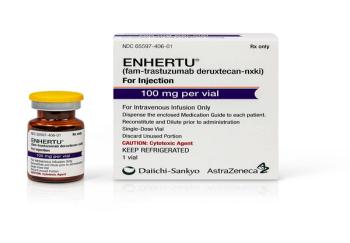
Enhertu is the first HER2 directed drug to be approved for the treatment of patients with HER2 mutated metastatic non-small cell lung cancer.
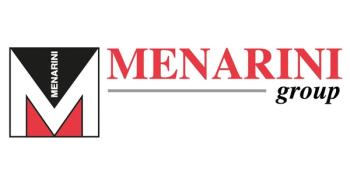
If approved, elacestrant would be the first oral selective estrogen receptor degrader (SERD) as a second- or third-line treatment for patients with ER+/HER2- advanced or metastatic breast cancer. The PDUFA date is Feb. 17, 2023.

Abiraterone is used together with prednisone to treat patients with metastatic prostate cancer.
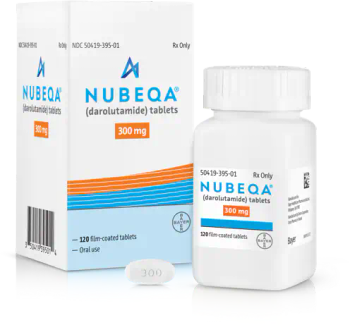
Nubeqa, in combination with docetaxel, is now approved to treat metastatic prostate cancer.
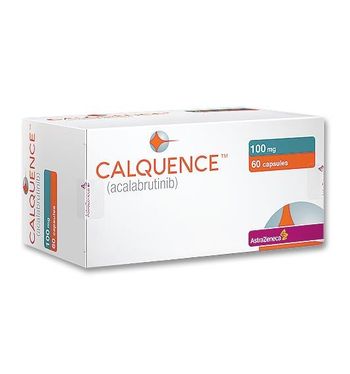
The tablet form has the same safety and efficacy as the capsule formulation and allows it to be administered with gastric-reducing therapies.

This is the first approved therapy targeted to patients with the HER2-low breast cancer subtype. Its approval comes four months ahead of its PDUFA action date.
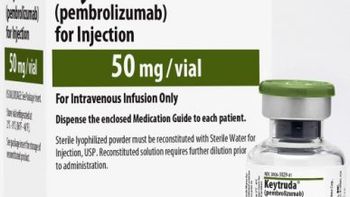
This is the second trial in less than a month studying Keytruda that failed to meet endpoints.

Investigators found that socioeconomic and financial barriers can affect patients’ access to oral cancer medications. They suggest that addressing these barriers could improve adherence.

The prescription drug launches include a therapy to treat adults with multiple myeloma and a treatment for overactive bladder. Dr. Reddy’s has also acquired several therapies from Eton Pharmaceuticals, including hypotension treatments.
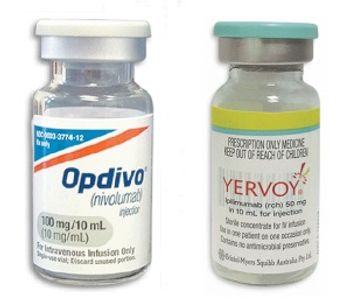
The trial of the immunotherapy combination, although approved in other renal cell carcinoma indications, did not meet the endpoint of disease-free survival in patients with localized disease.

If approved, N-803 — with the brand name Anktiva — plus the Bacillus Calmette-Guérin vaccine would be the first immunotherapy combination for this indication in 23 years. The Prescription Drug User Fee Act target action date is May 23, 2023.

If approved, Enhertu would offer a treatment option for patients with breast cancer who have a lower expression of HER2. The PDUFA action date is during the fourth quarter of the 2022.

The KEYNOTE-412 study did not meet its primary endpoint of event-free survival.

An independent data monitoring committee made the recommendation to stop both arms of the trial after a planned interim analysis found the trial didn’t meet its objectives.
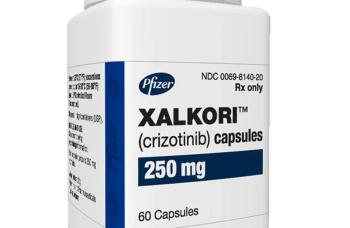
Pfizer’s Xalkori is now approved for three indications, with the most recent being ALK-positive myofibroblastic tumors

Although the Oncology Care Model produced some positive results, the value-based care model cost Medicare money. Now attention is turning to its successor, the Enhancing Oncology Model.

The FDA has not been able to complete inspections of facilities because of COVID-19 restrictions.

The FDA has assigned a Prescription Drug User Fee Act action date of May 12, 2023, for [vic-]trastuzumab duocarmazine (SYD985).